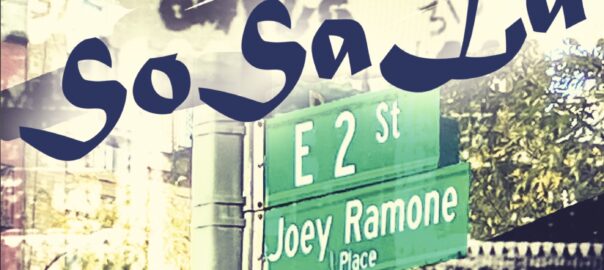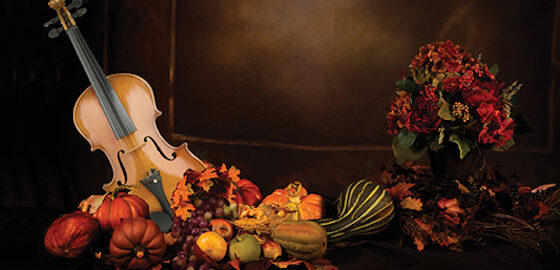A Resurrected Masterpiece of Japanese NO WAVE in NYC
“I have known Sohrab Saadat Ladjevardi aka SoSaLa since 1985. Our vectors first intersected in Japan, and Japanese culture is an important factor in appreciating Sohrab’s musical aesthetic. His art came into focus during that exciting time in the 1980s when the genre classifications of marketing had not overtaken the music world. Sohrab’s music draws equally from the languages and cultures of free jazz, punk, and funk to form a potent mix outside of any simple branding. He carries that powerful tradition to this day in both his music and organizing work.” – Elliot Sharp, New York, 11/3/2024
Release date: December 16th, 2024
SoSaLa (whose artist name was Sadato at the time this album was recorded) has released his next retrospective recording, 1994 – Live at CBGB. This live album follows up on the previous album, 1993, this time looking back to 1994, a significant year in SoSaLa’s music career. The music was performed live at the legendary punk club CBGB in New York on January 8th, 1994, with SoSaLa’s Tokyo-based quartet, SADATO.
SADATO was a well-known band in the Japanese independent rock and noise music scene and one of the first and few with a DIY approach to music. Because of this, the song “Life Drunk” was dedicated to Gallon Drunk, and “35 Cent Puppy Sandwich” was devoted to FUGAZI and their DIY attitude. SADATO fearlessly pioneered New York City underground NO WAVE music to audiences in Tokyo. SADATO’s music was deep, noisy, and angry indie rock, with dada-inspired messages expressed in the lyrics. CBGB’s manager, Louise Parnassa Staley, loved their music so much that she invited them to perform twice the same week.
This retrospective album, recorded and mixed by famed producer and engineer Martin Bisi, is another must-have for fans of SoSaLa’s unique and accomplished music career.
The CD is a high-end 24-bit limited edition, with only 100 autographed copies.
Stream here: https://soundcloud.com/sohrab-saadat-ladjevardi/sets/sosala-1994-live-at-cbgb
Buy here: https://doobeedoobizllc.thrivecart.com/sosala-1994-cd/

